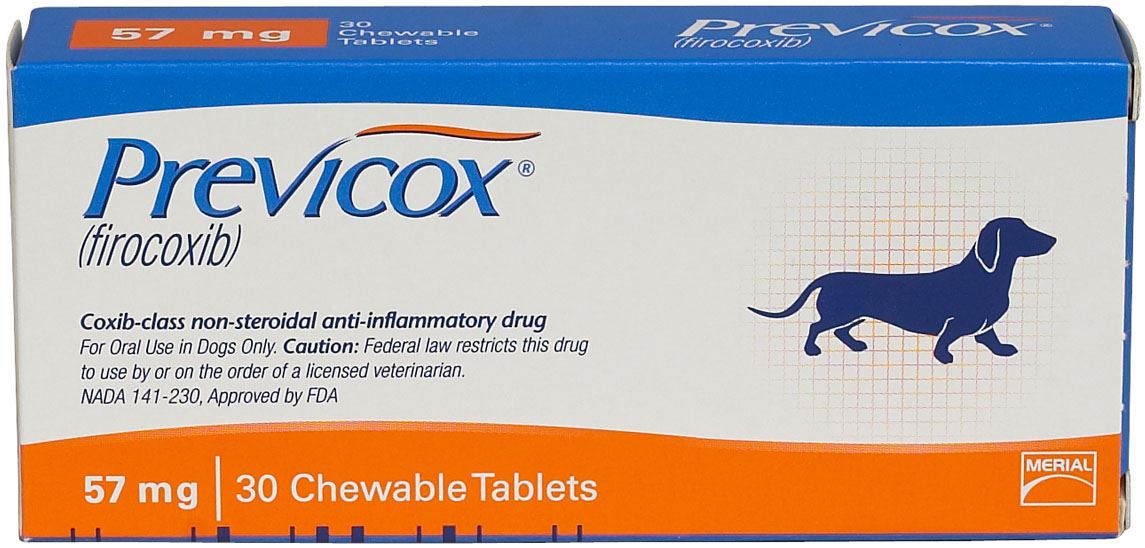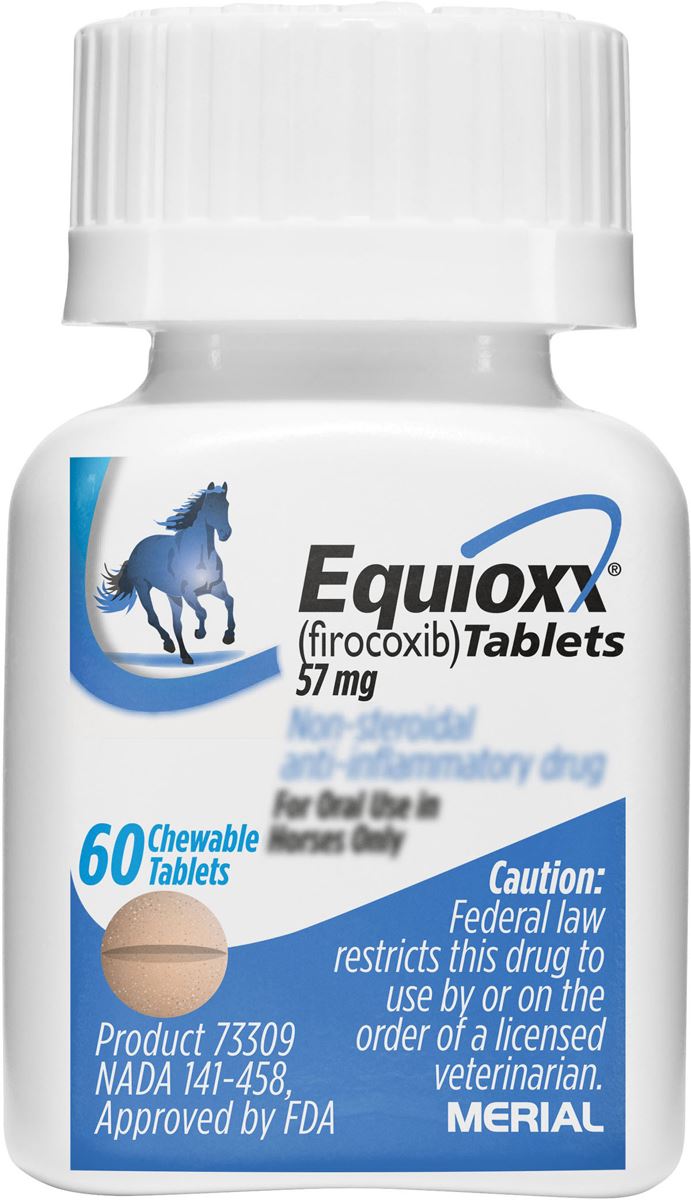With the release of the NSAID Equioxx in the form of a pill, many horse owners are distressed to find out they can no long legally purchase Previcox from their vet. Find out why.
By Sarah E Coleman

If you own horses long enough, it’s likely they will develop some old-age joint malady, whether it’s arthritis or other joint pain and inflammation. Almost without fail, every horse owner has had to administer a nonsteroidal anti-inflammatory drug (NSAID) to help comfort their aging equine at some point. Thought veterinarians have a long list of NSAIDs they could choose from to recommend to clients, one of the most popular has long been Phenylbutazone (Bute).
Though effective, this drug must be used with caution as it can cause gastric ulcers in horses. Because of this, long-term use of the NSAID is not recommended, much to the dismay of horse owners. But in 2009, a new drug came on the market: Equioxx. Labeled for use in horses and safe for long-term use, Equioxx in a clinical setting is delivered by IV; it was also made available in a paste format, which could be administered more easily in barn settings.
The Cost of Comfort
However, while everything about the new drug should have horse owners cheering, they weren’t: The cost of one tube of Equioxx when it first hit the market was between $12 and $15, and each tube held only one dose (now you can find it for around $6/tube). Additionally, after multiple days of administering Equioxx, horses may begin to resist having the tube placed in their mouths. (For reference, a bottle of Previcox, which horses can be administered anywhere from ¼-tab to 2 tabs, costs $80 for 60 tablets.)
Because of both the cost and the fight to administer Equioxx, Previcox was soon offered by veterinarians as an alternative. A canine product, Previcox is used “extra-label” for horses, meaning it is legally allowed to be used to treat horses though it was not originally developed for them.

By law, this is permissible because:
- The animal may suffer (or die) if not treated AND there is no approved drug with the same concentration, effectiveness, active ingredients or dosage form
- There is a valid veterinarian/client/patient relationship
- The drug is not prohibited from extra-label use
- The animal drug is only compounded with an approved human or animal drug
Merial makes both Equioxx and Previcox, both of which are fibrocoxib. Equioxx is an NSAID that works to control joint pain and inflammation caused by equine osteoarthritis or degenerative joint disease. Previcox, which is available in pill format, can control the same symptoms and is much easier to administer than its sister drug. (It should be noted that most likely the mode of administration—paste vs. pill—added to the cost of manufacturing Equioxx.)
Many veterinarians have prescribed Previcox to their clients, but this is a bit of a grey area as there was truly a comparable product on the market (Equioxx)—generally medications used extra-label are prescribed when there is no comparable product. In theory, Previcox was only prescribed for horse owners who “struggled to get the paste into them” – and not solely for financial reasons. This terminology brought about the potential for a conflict with veterinarians who must follow the law.
And Then Came Equioxx Tablets

In October of 2016, Merial released Equioxx tablets, retailing them at the same price as their sister drug, the Previcox tablets (though depending on the dosage a horse takes, the Equioxx tabs may be more expensive). With the creation of Equioxx in tablet format, veterinarians can prescribe the equine-only formula, eliminating the potential conflict of using Previcox off-label.
